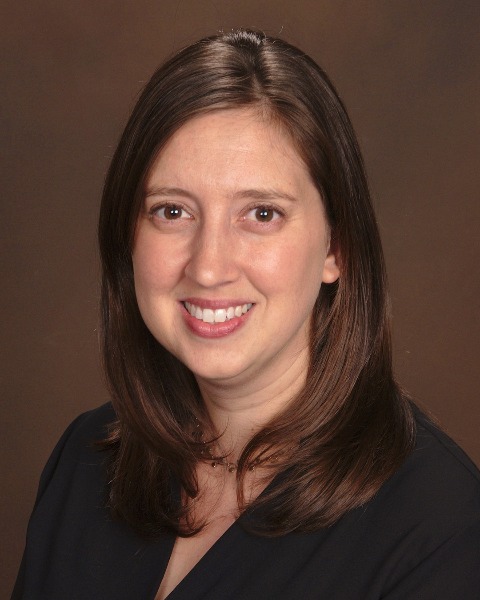Clinical Characteristics of COVID Recovery Clinic Patients in an Integrated Health System
-

Valerie Danesh, PhD, RN, , FCCM
Research Scientist
Baylor Scott and White Health
Dallas, TexasDisclosure information not submitted.
-
AA
Alejandro Arroliga, MD, MSc, FCCM
Chief Medical Officer
Baylor Scott & White Health, United StatesDisclosure information not submitted.
-
JB
James Bourgeois, MD
Chair of Psychiatry
Baylor Scott & White Health - Temple, United StatesDisclosure information not submitted.
-
AW
Andrew J Widmer, MD, MPH
Physician
Baylor Scott & White Health - Temple, United StatesDisclosure information not submitted.
-
MM
Michael McNeal, MD, MSc
Physician
Baylor Scott & White Health - Temple, United StatesDisclosure information not submitted.
-
TM
Tresa McNeal, MD
Chair of Medicine
Baylor Scott & White Health - Temple, United StatesDisclosure information not submitted.
First Author(s)
Co-Author(s)
Title: Clinical Characteristics of COVID Recovery Clinic Patients in an Integrated Health System
INTRODUCTION/HYPOTHESIS: The complications associated with post-acute sequelae of COVID-19 include dyspnea, fatigue, and neuropsychiatric symptoms, among other syndromic features. We report on an integrated health system-wide multispecialty telemedicine-based consultation service for post-COVID patients.
Methods: A semi-structured interview guide was used to incorporate common data elements into standard of care documentation for patients seeking COVID Recovery Clinic services for prolonged symptoms of COVID-19. Quality improvement data were collected for a 4-month period for 200 consecutive patients with mild (not hospitalized), moderate (hospitalized) and severe disease (hospitalized with ICU admission).
Results: Most patients had visits within the first two months of initial onset of symptoms (median [Q1-Q3] 37 days [28-45 days]), with some seeking care for sequelae persisting up to 10 months (median [Q1-Q3] 82 days [66-134 days]). During acute illness, the most commonly reported symptoms were cough (53%), dyspnea (48%) and fatigue (39%). At the time of evaluation, 13% of patients were using home oxygen, and 10% had been unable to return to work due to persistent weakness and/or cognitive dysfunction. Cognitive dysfunction was defined as subjective complaints of “brain fog” including patient reports of confusion, poor concentration, memory loss and/or trouble with word-finding. The most prominent sequelae by organ system were pulmonary (81%), musculoskeletal (56%), and neuropsychiatric (54%). Specific sequelae most commonly endorsed during the telehealth assessment were, dyspnea (69%), fatigue (48%), and subjective cognitive dysfunction (i.e., “brain fog”) (26%). Subjective cognitive dysfunction was endorsed by 1 in 4 patients seeking care who were hospitalized for moderate to severe acute disease, and also by 1 in 4 patients with mild disease not requiring hospitalization.
Conclusions: The prominent specific symptom sequelae prompting patients to seek COVID-specific evaluation beyond usual primary care and specialist referrals were dyspnea, fatigue/weakness, and subjective cognitive dysfunction, irrespective of whether patients had required hospitalization or time since COVID-19 symptom onset. Specifically, persistent multiple neuropsychiatric complications occur across the continuum of COVID-19 severity.
